I was aware of that. You call it what you want; I'll call it the West Bank.J&S means Judea and Samaria.
Propose an alternative..
Propose a way in which lifting the blockade would play out, preferably referring to the short term and long term separately.
Demanding chap aren't you? If you'd asked nicely instead of being so pushy like it was your god given right I'd obliged but no; also because what you're demanding to hear is stuff that fits your narrative and if it doesn't you'll twist and turn and give further displays of your skills at obfuscation and denials.Propose the solution.
It has peace with Egypt and Jordan because both those countries share borders with Israel and both have very good reasons for doing so - it also wasn't one sided. Israel too benefited. As for the countries which signed the Abraham Accords they too had compelling reasons to do so and came under intense pressure from the Americans but like I've said; it's mostly comestics. Not as if their citizens had a say. We'll see if it actually leads to long term tangible benefits.Israel extends an arm for peace. It has peace with Egypt and Jordan. It has peace with several others via the Abraham Accords. .
Your "Israel extends an arm for peace" is self serving fantasy. Gives the impression that it was Israel and Israel only [of course] that wanted peace and if it wasn't because of Israel there would have been no peace. Love peddling fantasy don't you ..
I know have a flair for the dramatics but Lebanon is not "occupied" by Hezbollah. It has a strong a deep rooted presence in the country but that's profoundly different from "occupied" - Hezbollah are also Lebanese. A more apt example of "occupied" would be the Golan Heights; the Sheeba Farms and other parts of Lebanese territories and the "occupied" Palestinian territories which of course Israel is just holding in trust until the "terrorist" Palestinians come to their senses.Lebanon is occupied by Hezbollah, but Israel still agreed to redraw its EEZ borders, giving Lebanon access to natural gas, which is a first step for peace in the post-Hezbollah era..
Right. Your narrative is that Israel has long wanted peace and still does but the onus is completely on others. That simple.But it cannot have peace with those who do not want it, nor can it force peace upon others..
Actually I do quite alright expressing my thoughts; the problem occurs when certain individuals refuse to see or try to understand anything which doesn't fit it with their personal narrative. Also, yes I am convinced that Israel will do all it can to retain its nuclear monopoly.If you only meant that Israel prefers to remain the only nuclear armed state in the region, then you have a real problem expressing your thoughts. There is a clear hostile tone, and it certainly doesn't aid your argument that your statement there was made in a vacuum - i.e. not related to anything I said.
So, explain how the two align
So you think but there is no "ordinary Arab". In your mind maybe but in actuality there isn't. Even taking into account that you live in the region and have regular interactions with Arabs; claiming that there is such a thing as an "ordinary Arab" can be construed as condescending and arrogant.I know from first hand how the average Israeli thinks, how the average Arab thinks, and I have experienced first hand what others in the region think.
I've been to practically every country in this region with the exception of Timor Leste and Brunei. I spend a lot of time in the Philippines and frequently go to Thailand. There are no "ordinary Asians"..
Like I said; your reaction is highly telling - speaks for itself. Anybody who has the slightest criticism of Israel is a racist Jew hater right? That's a tune which has long been sung; the default reaction; typical.You keep parroting these blatantly racist lines of "Israelis are murdering children and Palestinians can do no wrong", but it doesn't do anything beside invalidating your own points.
It's preposterous to claim that criticism of Israel equates to racism and that Israel has absolutely no hand in any civilian deaths. Yes your view is that Arab children only die because of the actions of Arab adults - pure self-serving nonsense.
Yes Hamas and PIJ only resorts to armed violence because as Palestinians it's their inherent nature [like the schoolkids which you claimed are taught to kill Jews and the individual who apparent became a national hero]; from the day they're born they exist only to kill Israelis and Israeli actions [always benevolent and altruistic] have absolutely nothing to do with this.Yes, I think if Hamas and PIJ did not start wars, none would die. .
Naturally. We should all ignore foreign media which is not pro Israel. The ones which report anything which puts Israel in a bad light are nothing but "terrorist" sympathisers who don't understand "simple rules of war, or facts" [unlike you naturally] even if they're reporting from the scene. For the real truth we should just rely on IDF press releases and narratives from the likes of you.Yes, I think foreign media loves parroting the line of dead children without understanding simple rules of war, or facts..
[1] For you the " ultimate reason" Palestinians die has zero to do with Israel and all to do with them being nothing but "terrorists"' who are taught at school to kill Jews. Like you said the blockade on Gaza is not as bad as it sounds and that it's not an Israeli/Pakestnian problem but an Arab/Palestinian one. [2] You don't know shite about my intentions so don't assume or pretend you do. What are yours? Peddling a self serving and false Israeli narrative which includes branding anyone who refutes what you say a racist? Claiming that Palestinian children only die because of rockets which malfunction and because of being used as human shields but never due to IDF actions?There are thousands of people in Lebanon and the occupied Palestnian territories who would take strong exception with your claim of an always "precise" 'IDF.You never tell what you think is the ultimate reason Palestinians die, and that in itself is quite telling of your true intentions..
Why would they kill you? According to you it's all rosy there. Not an open air prison.I just said that entering Gaza as an Israeli is a sure way to get killed. What's that to do with the blockade?.
Doesn't help if you're only peddling absolutes..
The Zucchini kettle should not be calling the Sturm pot black. Heard of the "look at yourself in the mirror" cliche?Again absolutes. .
I think it's reached a stage where with certain things Israel itself doesn't know.Well then, if Israel doesn't want peace, what does it want?
Last edited:

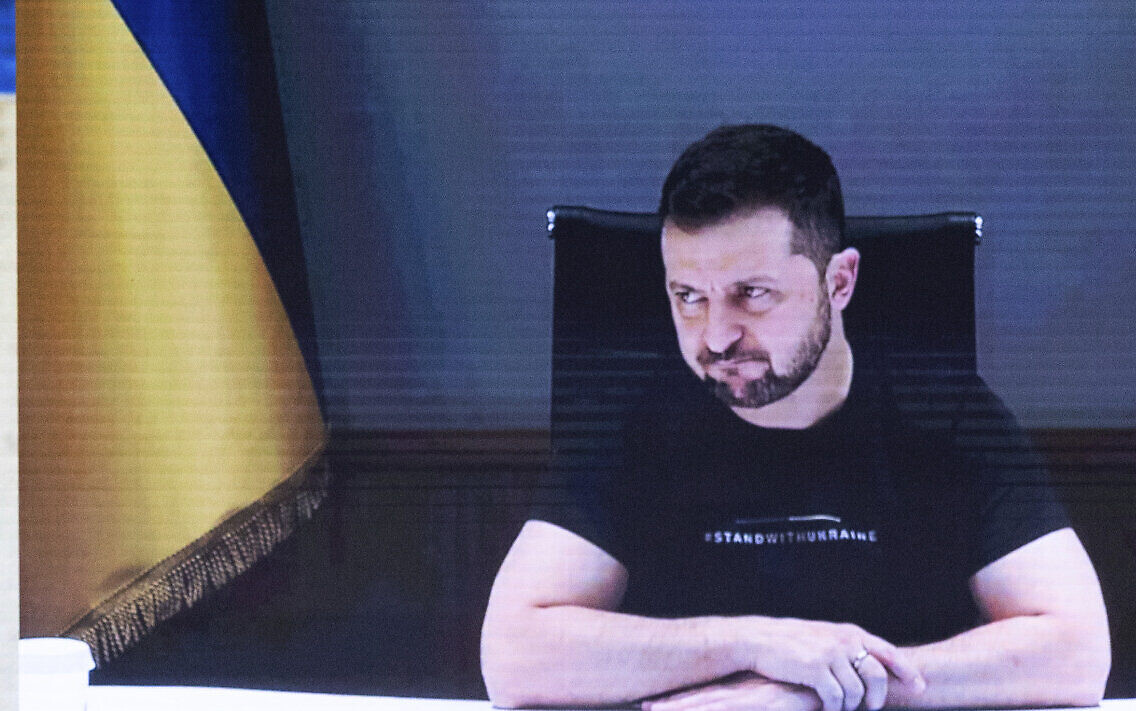
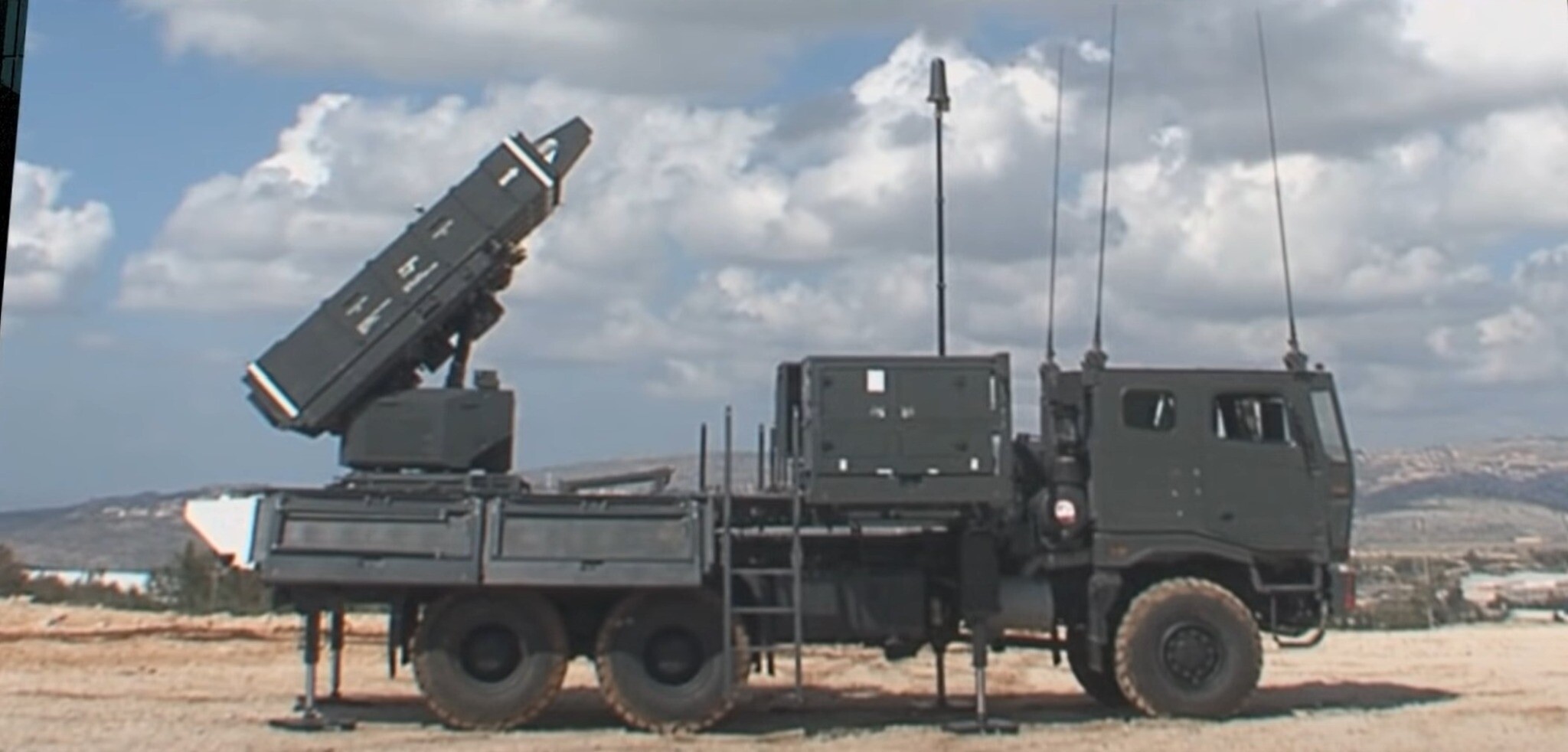



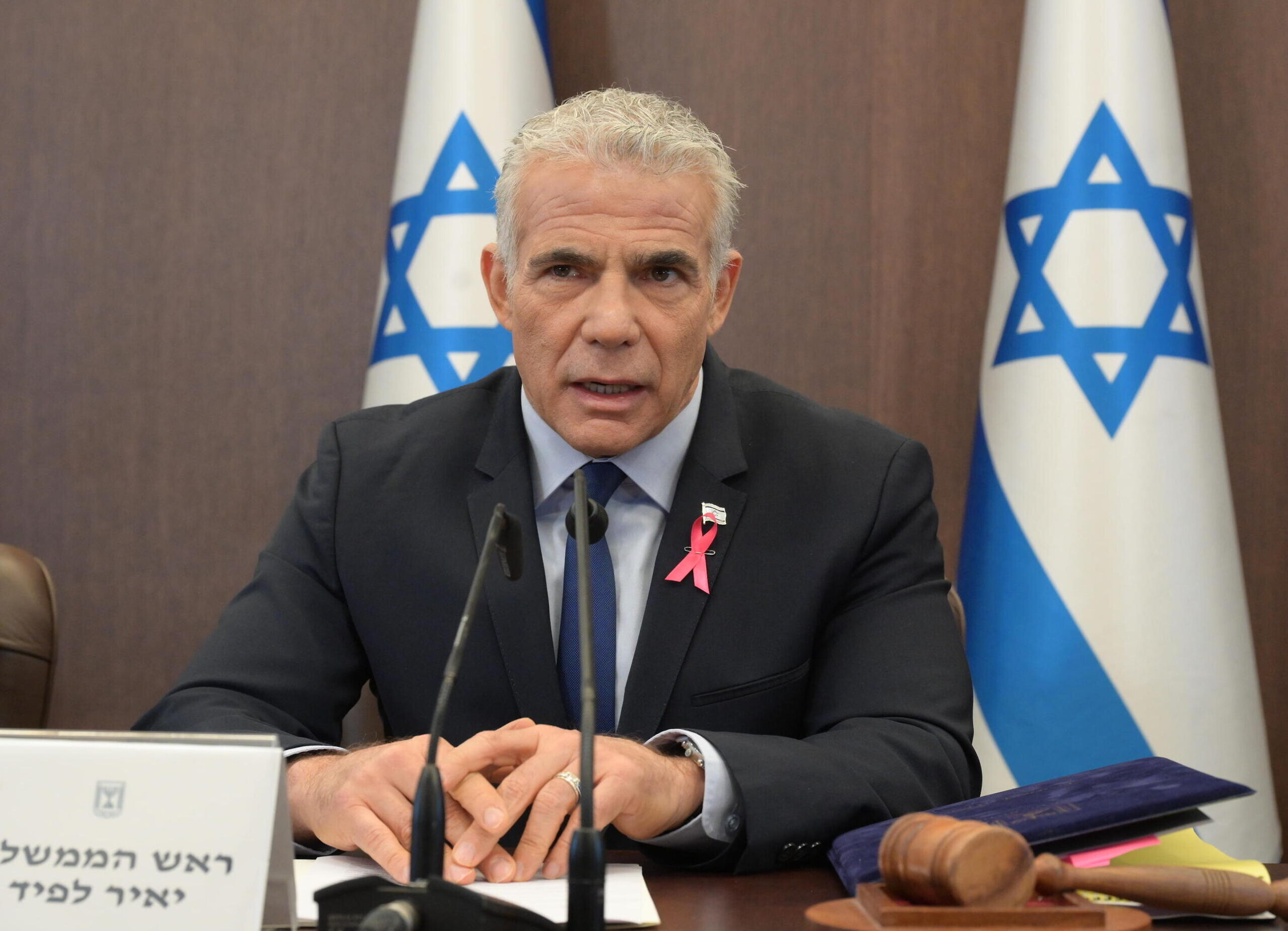

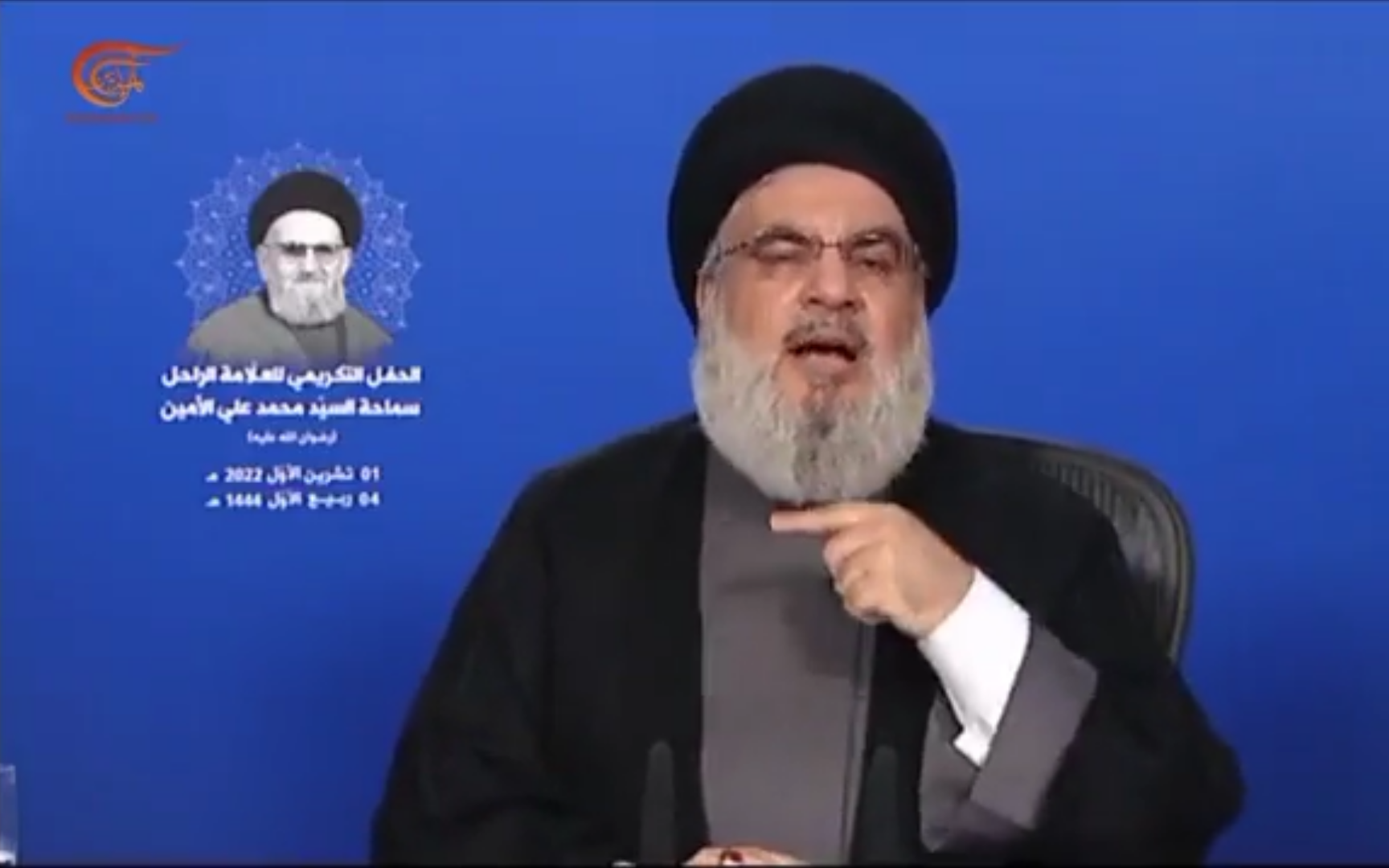
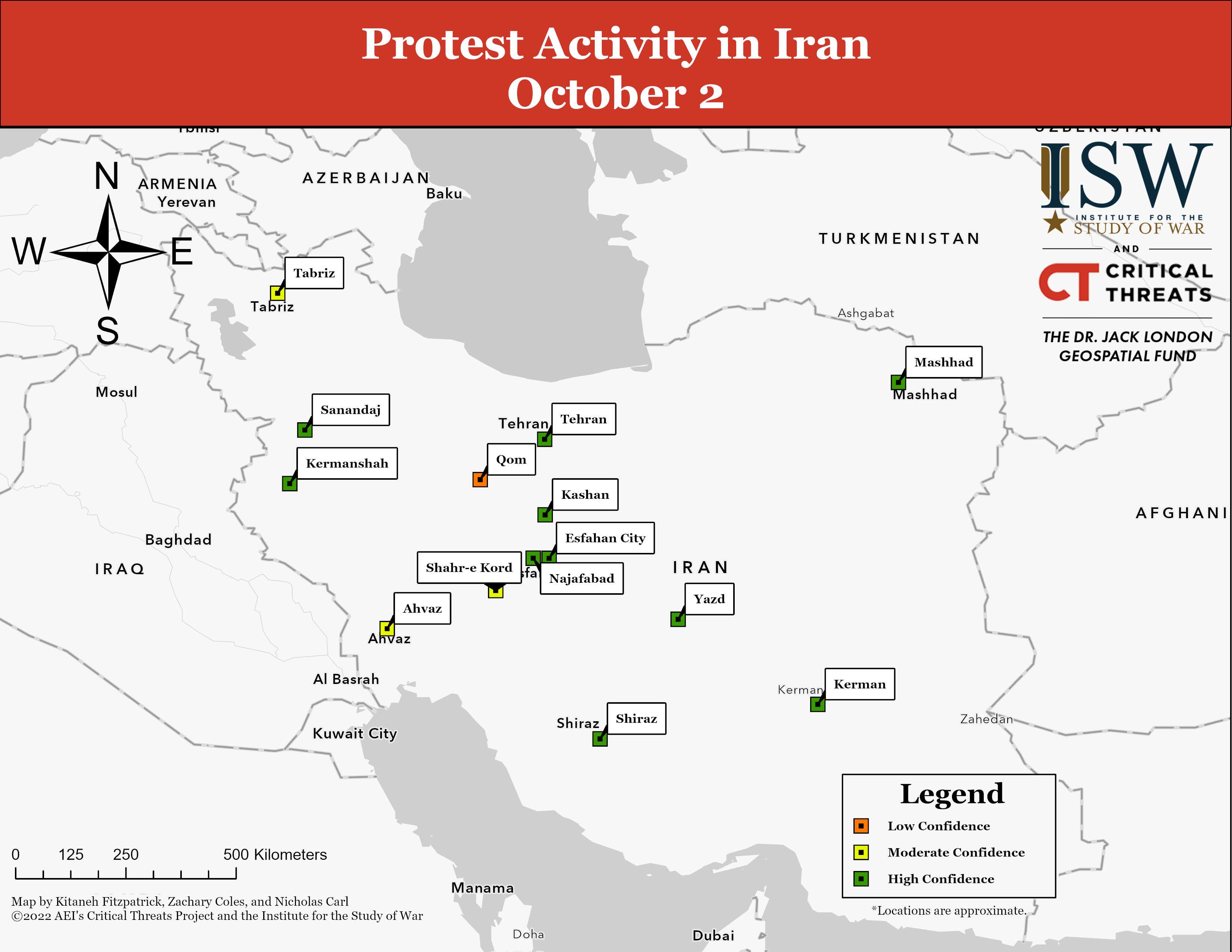
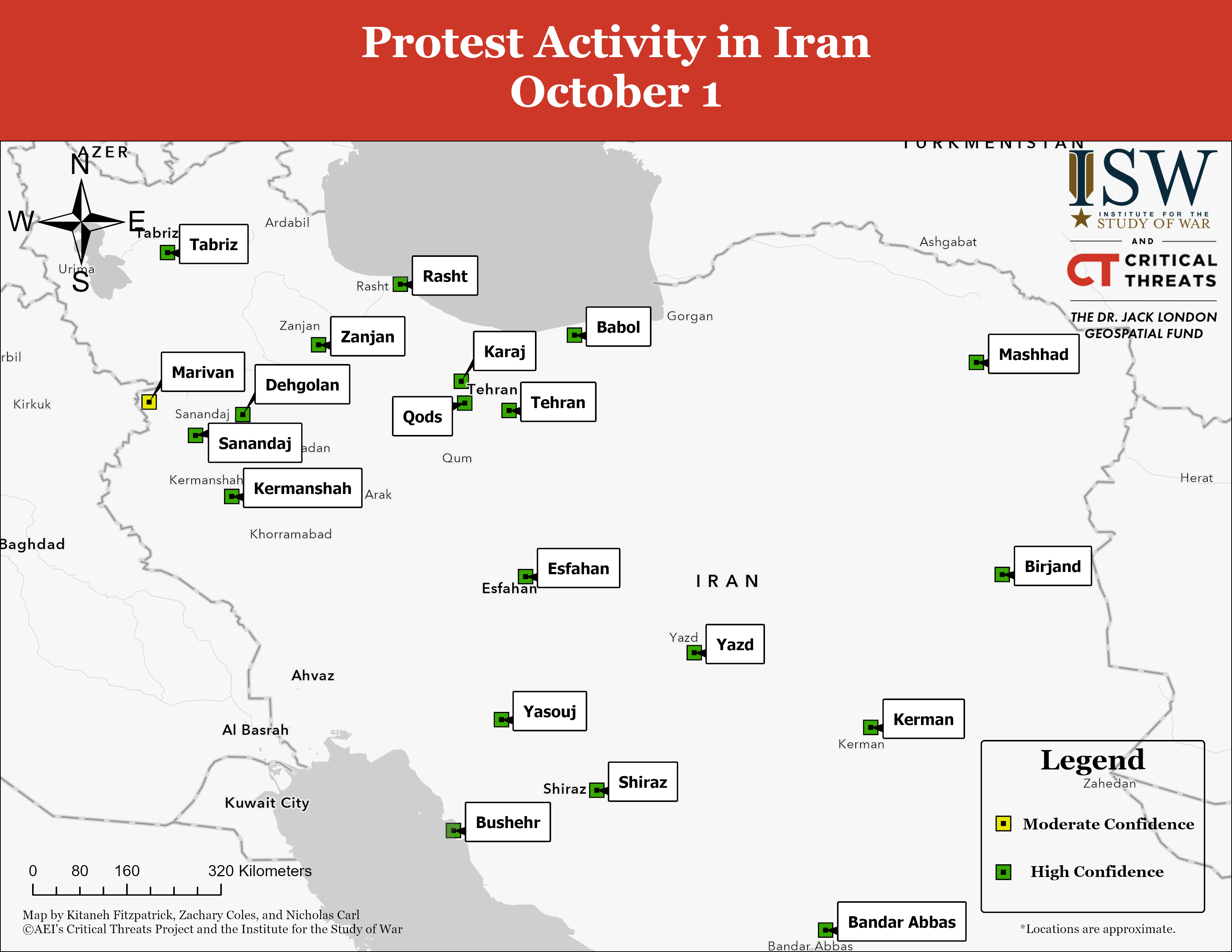

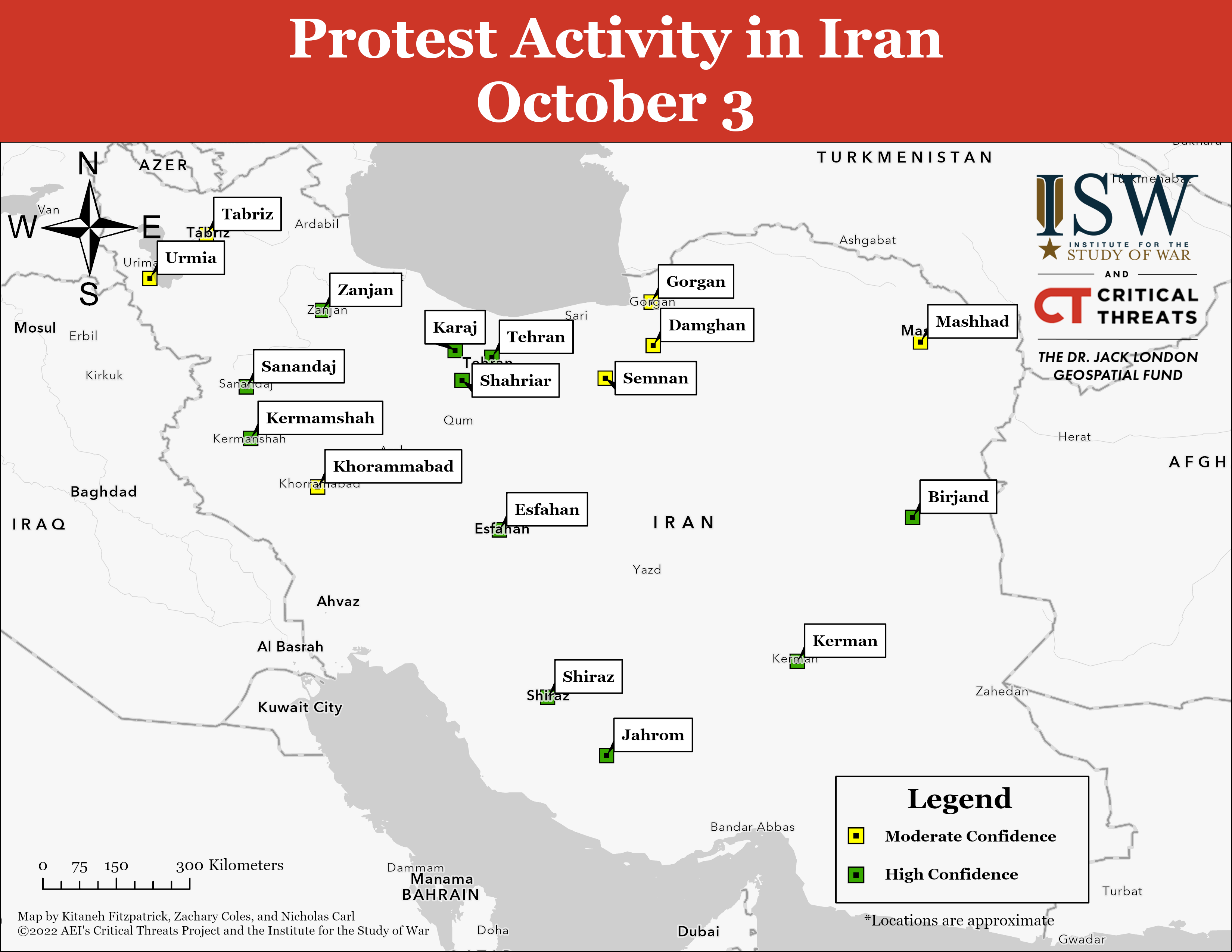

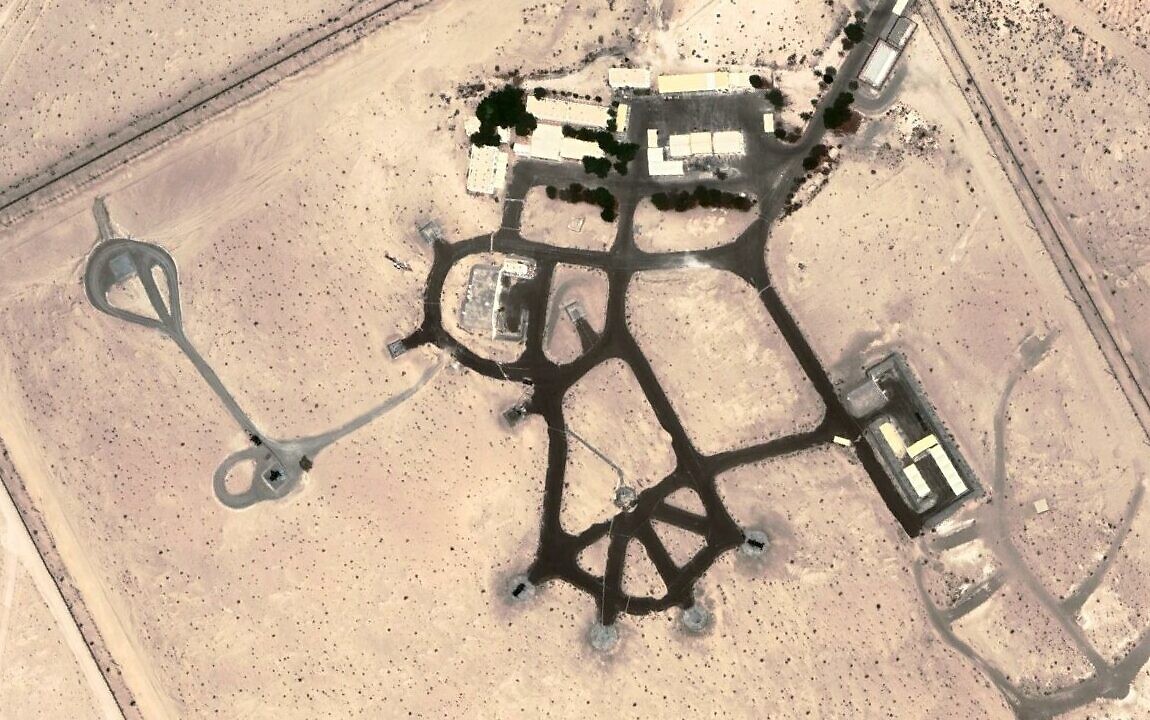
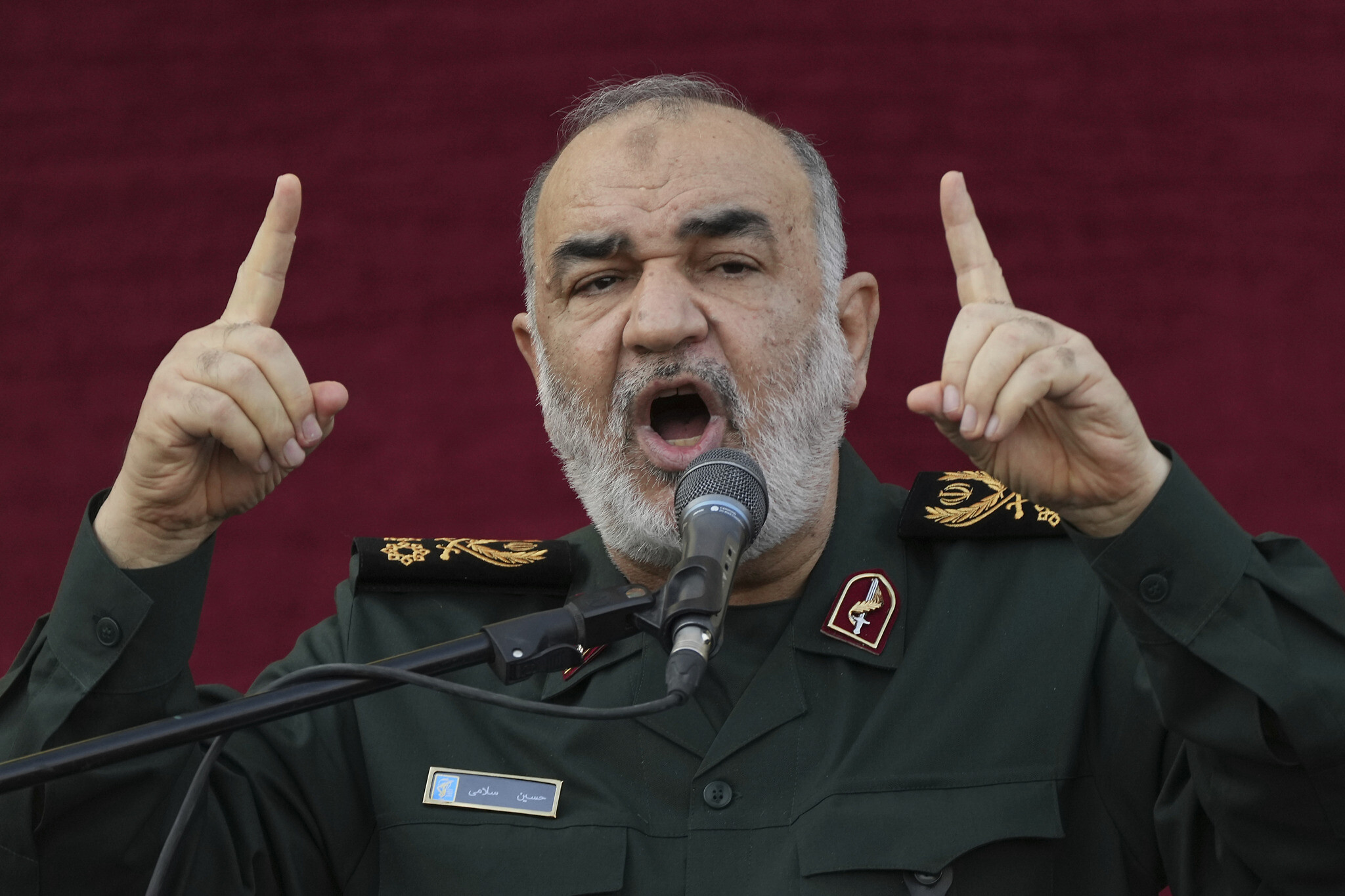



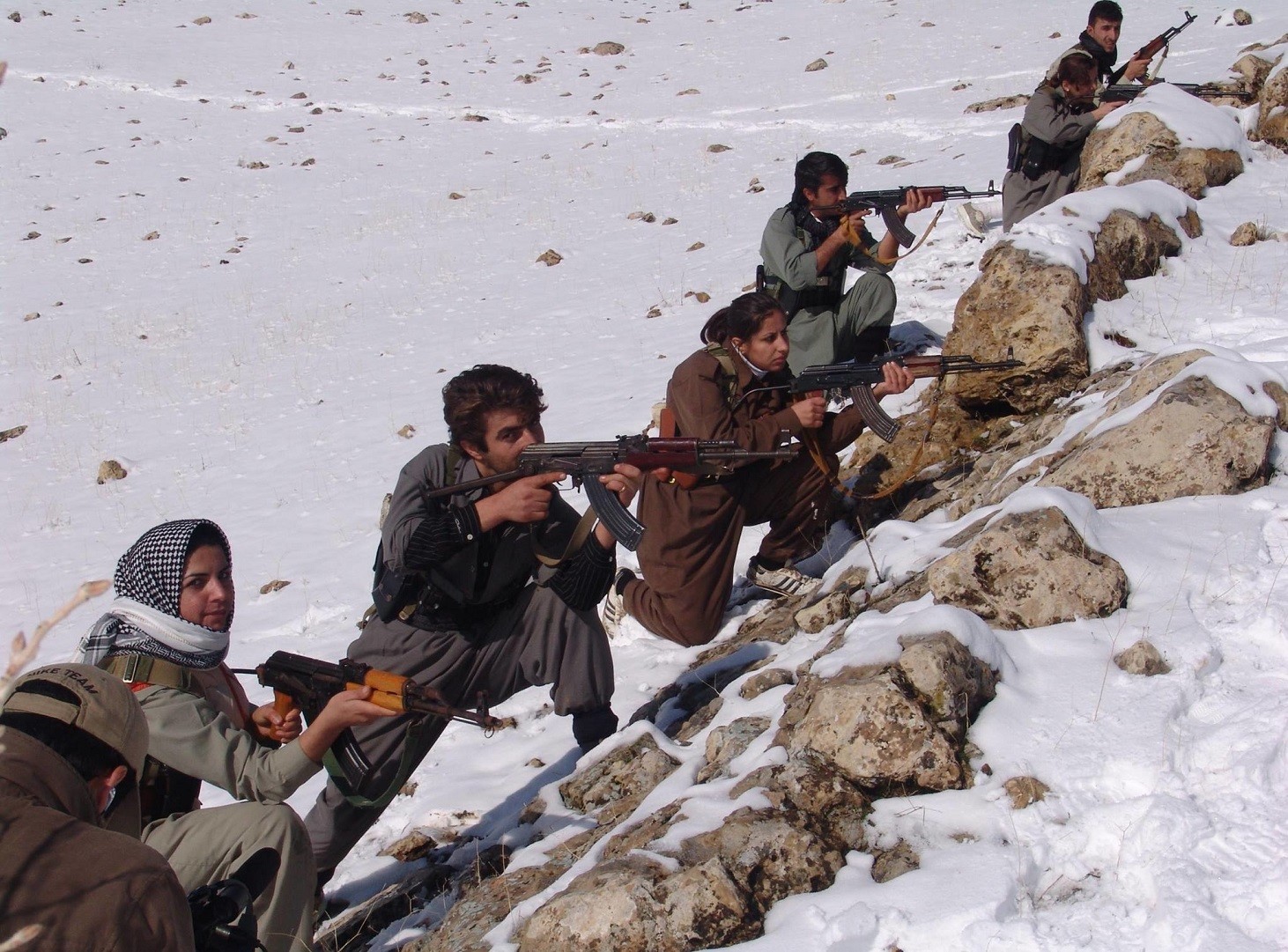
/cloudfront-us-east-2.images.arcpublishing.com/reuters/BICVNUFLRJMPPOGNTN5VKMBMMM.jpg)